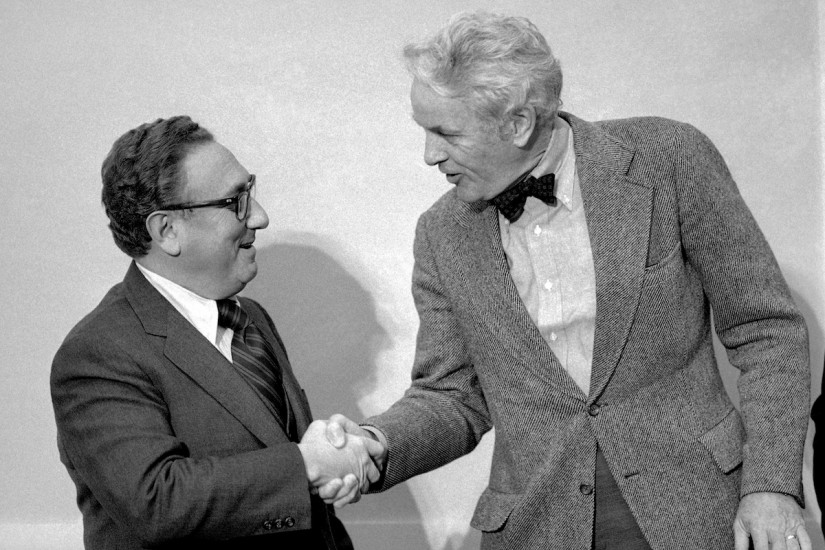The Associated Press recently broke the news that foreign hackers have been targeting members of the Senate — and that Senate security, amazingly, is unwilling or unable to defend them.
While it might seem stunning that the most powerful nation in the world can’t protect its own legislators from other governments, this is nothing new. The technology involved has changed, but the threat of foreign interference in legislative matters dates to the beginning of the Cold War. And Congress has consistently struggled to effectively defend itself against such intrusions, in part because the legislators and committees most exposed have fraught relations with the very intelligence agencies best equipped to protect them.
Without this trust, Congress is exposed, especially in a digital era with outside governments more eager than ever to interfere in our politics.
As American activity spread to most parts of the world in the late 1940s and 1950s, foreign interests unsurprisingly sought to influence U.S. politics. Sometimes, as in the case of the “China Lobby” that advocated for Chinese interests, this activity occurred in the open. In other instances, however, attempts were more surreptitious.
For instance, allies of Dominican dictator Rafael Trujillo worked to win friends in high places for Trujillo’s regime. John Crimmins, a Kennedy administration diplomatic official, recalled that these forces successfully built sympathy for the Trujillo government both in Congress and in some private sectors, thanks in part to “flattery and favor.”
Trujillo’s allies focused on key members of the House and Senate Agriculture Committee, whose policy choices would safeguard Dominican access to the U.S. market. They lavished key legislators with the type of junkets that now would violate U.S. ethics laws.
In return, Trujillo received fawning support. Sen. Allen Ellender (D-La.), the longtime chair of the Senate Agriculture Committee, described the Dominican dictator as the type of leader who deserved U.S. support, even if he “might have had to kill a few persons to get where he was.”
Success at boosting his standing, even if by illicit means, meant that Trujillo rarely encountered criticism from the House or Senate. In 1956, Columbia law professor Jesús Galíndez, a Trujillo critic, was kidnapped in the United States, taken to the Dominican Republic and eventually assassinated. The few members of Congress skeptical about Trujillo worked to expose his role in the plot — a clear violation of American sovereignty and law. But they got nowhere because Trujillo’s congressional allies stonewalled and refused to take them seriously.
